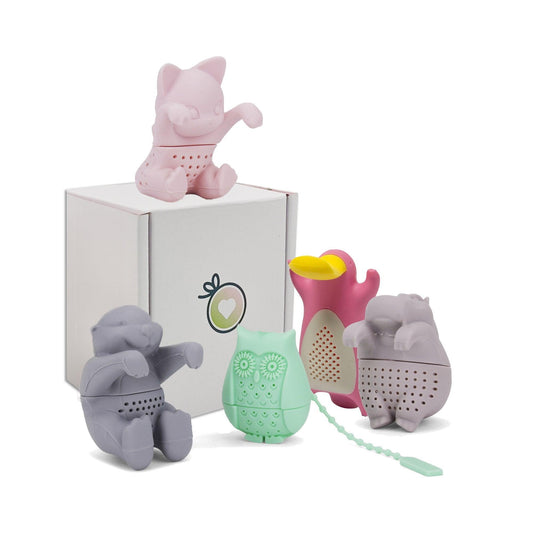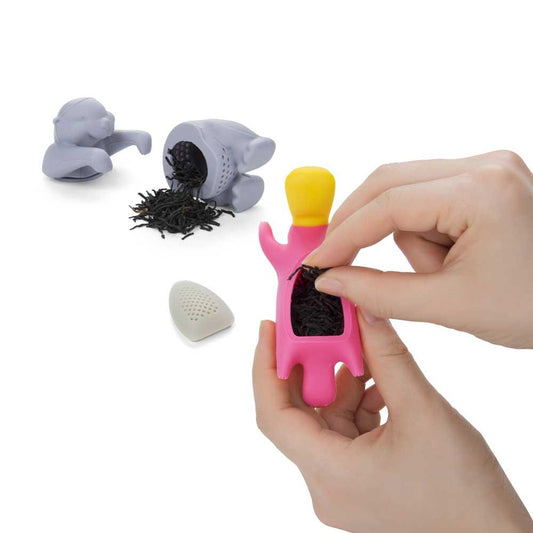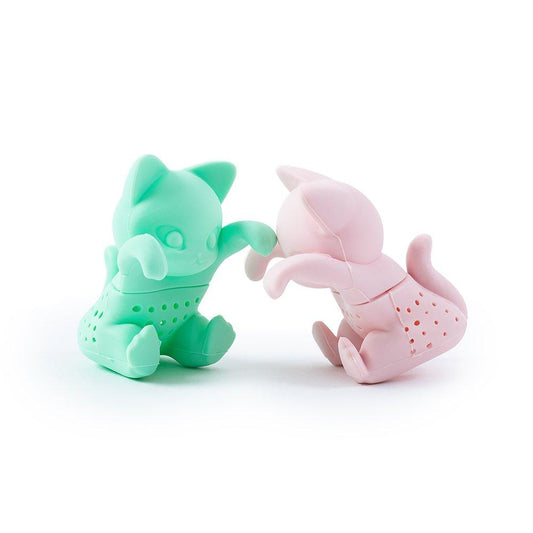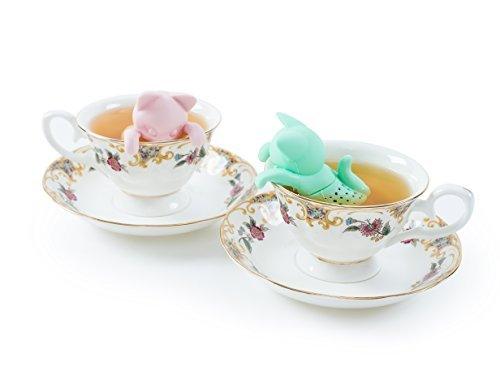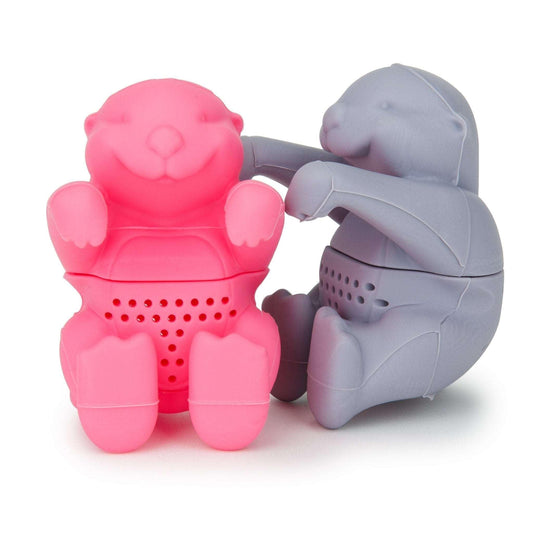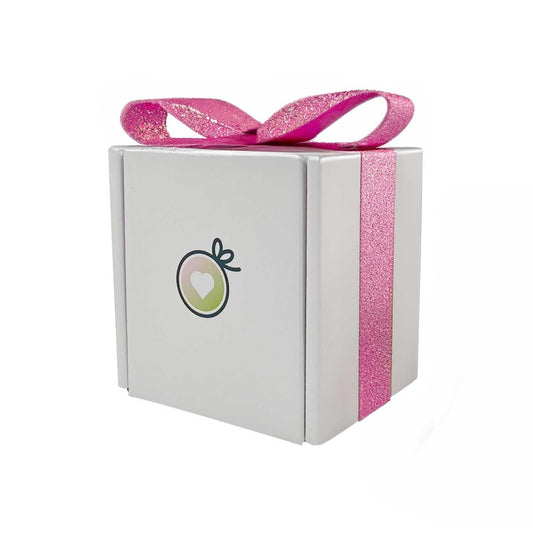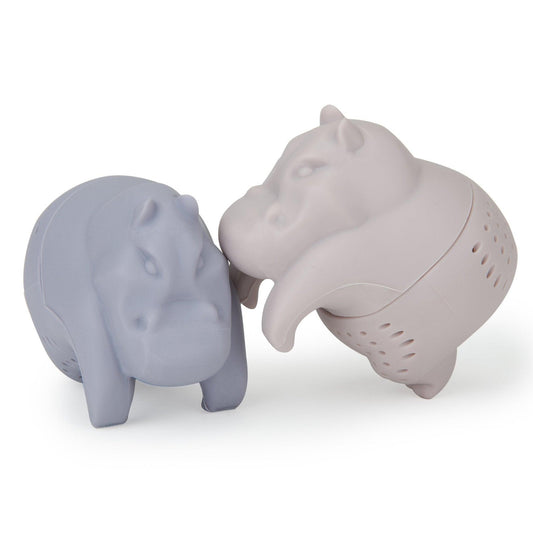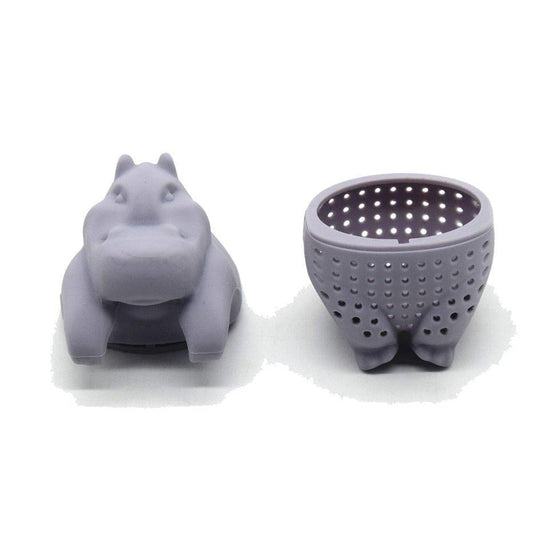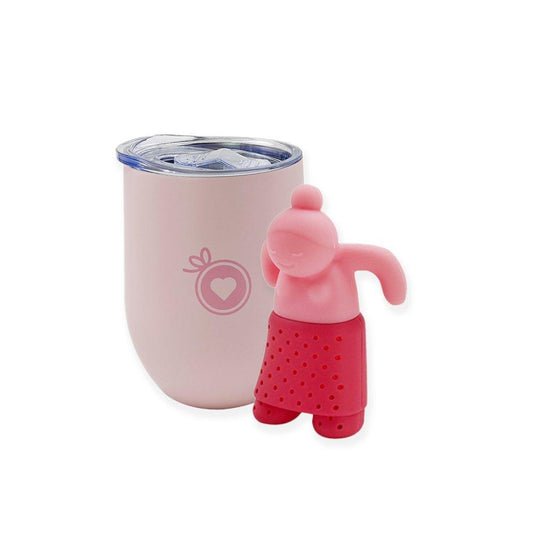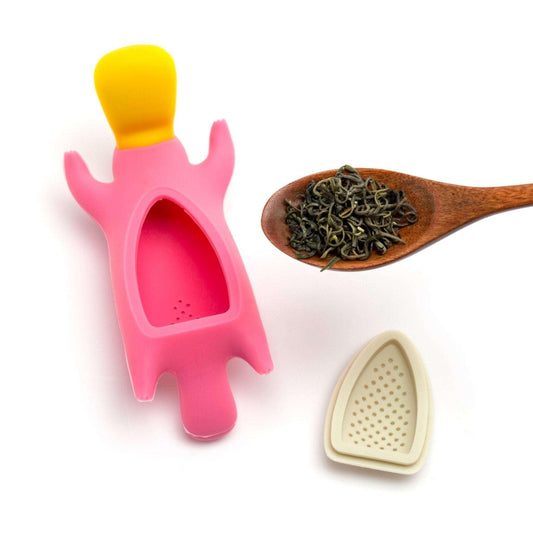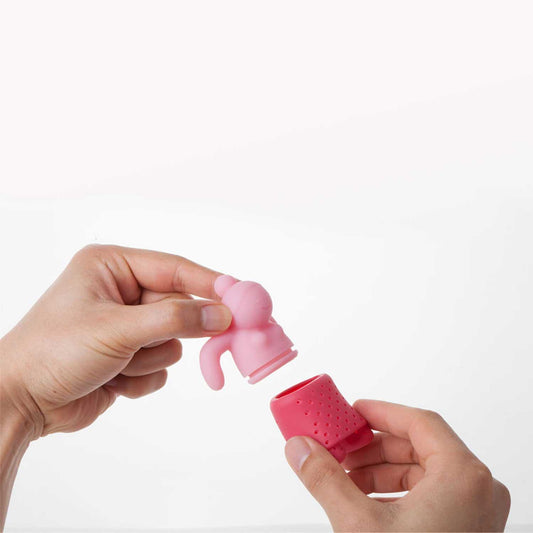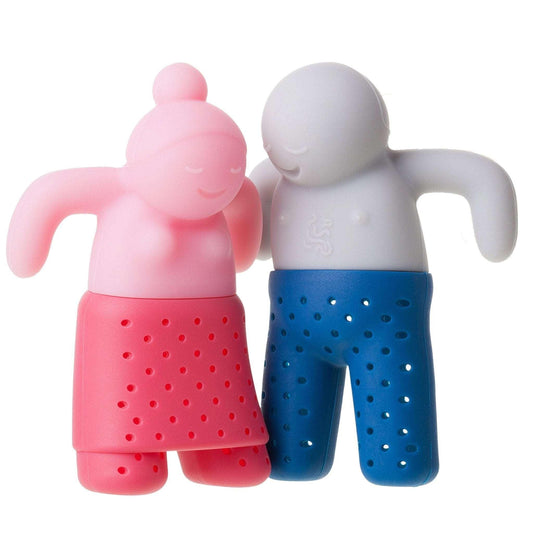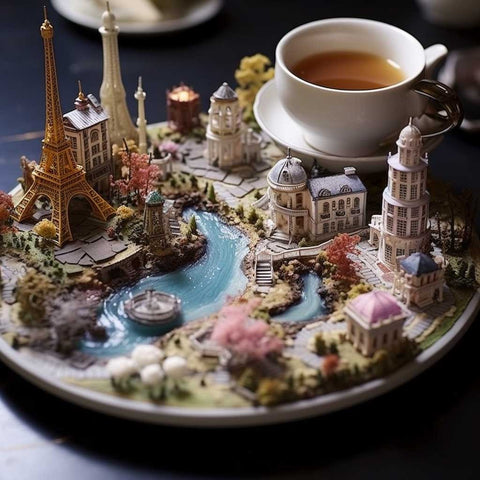
Tea, a beverage revered for its soothing qualities and health benefits, transcends borders and unites cultures around the globe. Each cup of tea embodies the essence of its origin, steeped in traditions that date back centuries. Join us on a journey to explore the rich tapestry of regional teas and traditions, from the serene tea ceremonies of Japan to the cozy tea times of Britain.
Japan: The Zen of Tea
The Japanese tea ceremony, known as Chanoyu, Sado, or simply Ocha, is a choreographed ritual that emphasizes aesthetics, harmony, and the mindful preparation of matcha (powdered green tea). This tradition, rooted in Zen Buddhism, is not just about drinking tea but about finding beauty in simplicity and forging a spiritual connection between the host and guest. The meticulous ceremony, conducted in a tranquil tea room or garden, encourages participants to live in the moment, appreciating the transient beauty of life.
China: The Birthplace of Tea
China, where tea was first discovered, offers an immense diversity of teas, from the delicate green teas of Hangzhou to the smoky lapsang souchong of Fujian. Chinese tea culture is deeply ingrained in the fabric of society, with practices like Gongfu Cha, a methodical approach to brewing tea that focuses on the precise temperature, tea-to-water ratio, and steeping times to fully extract the flavor profile of the leaves. Tea in China is more than a drink; it's a medium for social bonding and reflection.
India: Chai and Conviviality
In India, tea, or chai, is a staple of daily life, infused with spices like cardamom, ginger, cloves, and cinnamon to create a warming, invigorating brew. The ritual of chai is not confined to homes; it spills onto the streets, where chai wallahs serve the sweet, milky tea from dawn till dusk. The act of sharing chai fosters community and conversation, making it a drink of the people.
Morocco: Mint Tea and Hospitality
Moroccan mint tea, a blend of green tea, mint leaves, and a generous amount of sugar, is central to Moroccan hospitality. Served in ornate glasses from a silver teapot, the tea is poured from a height to create a frothy top, a skill that symbolizes the host's generosity. Offering mint tea is a sign of welcome and respect, enjoyed at all times of the day with family, friends, and even strangers.
Britain: The Quintessential Tea Time
In Britain, tea time is a cherished tradition, a pause in the afternoon for tea and snacks like scones, sandwiches, and cakes. Originating in the early 19th century, this custom reflects the British love affair with tea, a time to relax and socialize. Whether it's a simple cuppa at home or a lavish afternoon tea at a hotel, the ritual of tea time is ingrained in British culture, celebrated for its sense of comfort and conviviality.
Turkey: Black Tea and Bonding
Turkish tea, çay, is a strong black tea typically served in small, tulip-shaped glasses. It's a symbol of hospitality and friendship, offered to guests as a welcoming gesture in homes, shops, and restaurants. The tea gardens and çayhanes (tea houses) of Turkey are social hubs where people gather to chat, play backgammon, and enjoy the tea's robust flavor.
Exploring the world through tea reveals a fascinating mosaic of cultures, each with its own rituals and customs surrounding this timeless beverage. Whether it's the ceremonial precision of Japan, the communal spirit of India, or the cozy charm of Britain, tea traditions offer a window into the soul of a culture, inviting us to connect over a shared love for this universal drink.

